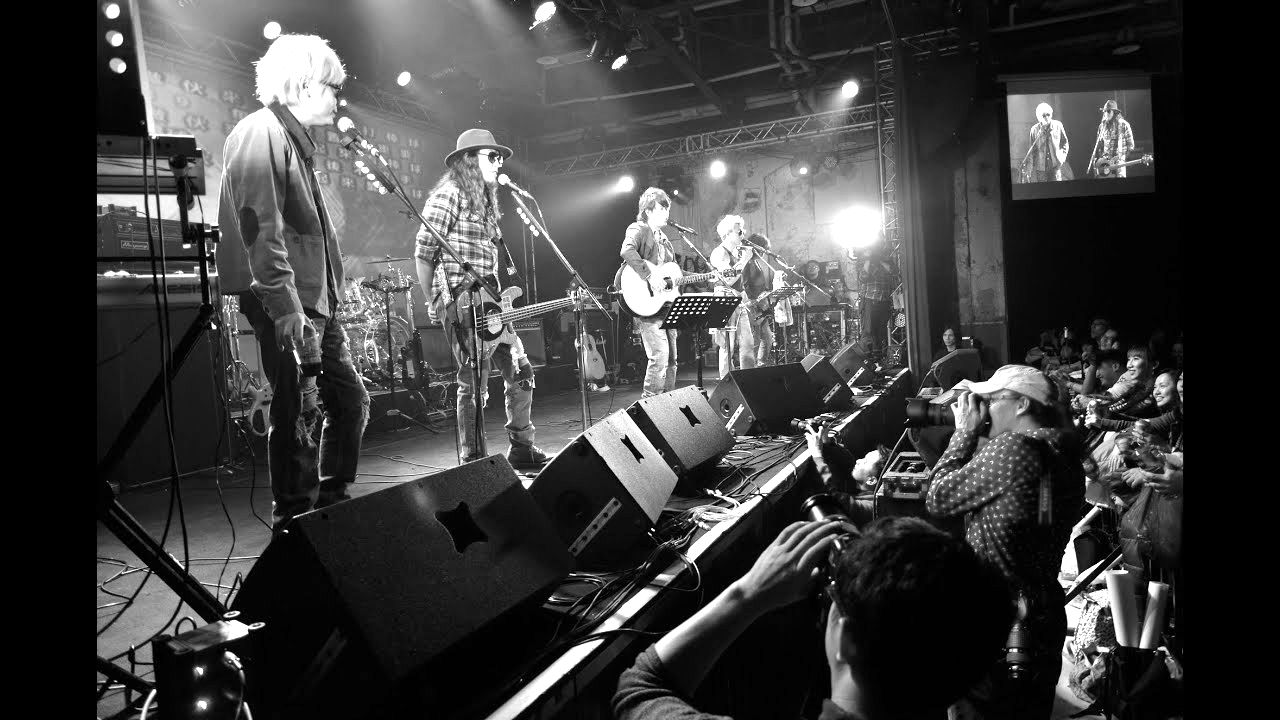

The Chairman(董事長樂團)
Follow Your Favorite Band Today!
Top The Chairman Community Posts
Story of The Chairman
The Chairman (English: The Chairman) is a Taiwanese rock band currently consisting of six members. Guan Yu, Wu Yongji, and Du Wenxiang formed the band "1989" together in 1989. On July 4, 1997, Aji, Guan Yu, Xiaobai, Dajun, and Jin Gang, the five original members, adopted the band name "The Chairman" at the Witch House.
== Musical Works ==
=== Singles === 1999: Released their first single "Long Mei Dai Shi" (Cornerstone Music). 2022: Released the campaign song "Ding Zhen" for Taipei mayoral candidate Chen Shih-chung.
=== Studio Albums === 2000: Released their first album "Ni Mei Liao Jie" (HIM International Music). 2001: Released their second album "chairman.tw2" (Kinetic Music). 2002: Released their third album "11 Tai" (Love to Make Music). 2003: Released their fourth album "Guan Yu Solo" (Cornerstone Music). 2005: Released their fifth album "Find a New World".
Frequently Asked Questions
Bands you may like
More Indie Rock Bands
Discover more bands in the Indie Rock genre and explore the diverse sounds that define this musical style.
Browse All Indie Rock BandsMore Bands from Taiwan
Discover the rich musical heritage of Taiwan and explore bands that represent the country's unique sound and culture.
Browse All Taiwan Bands